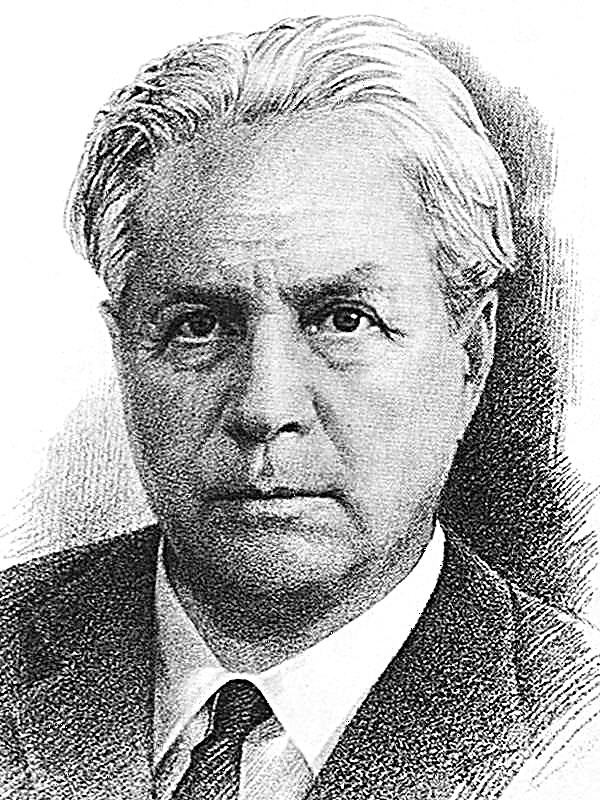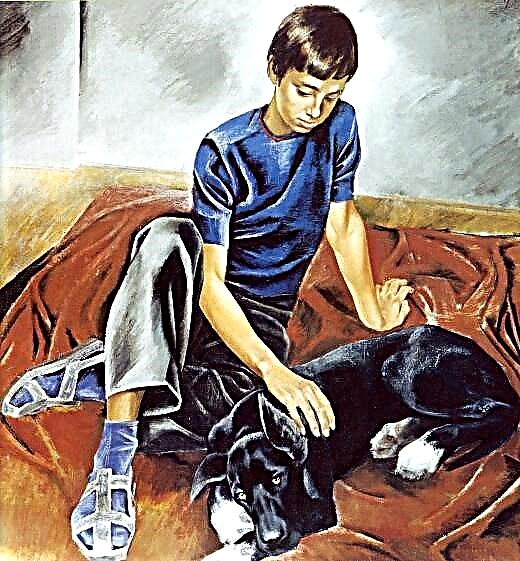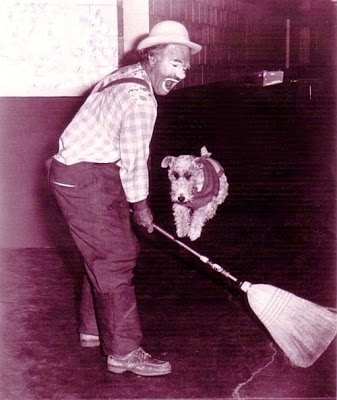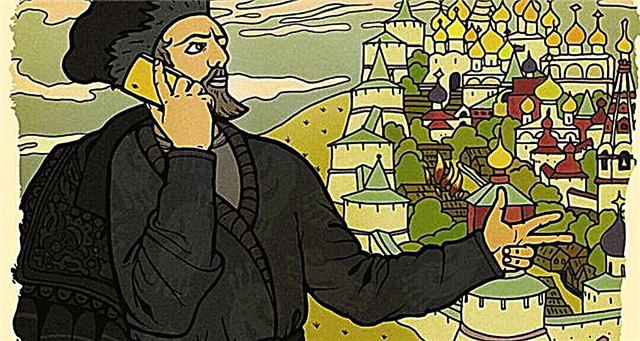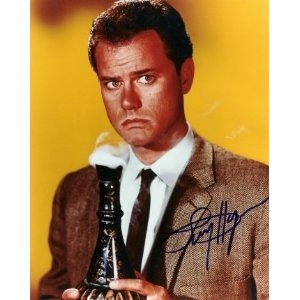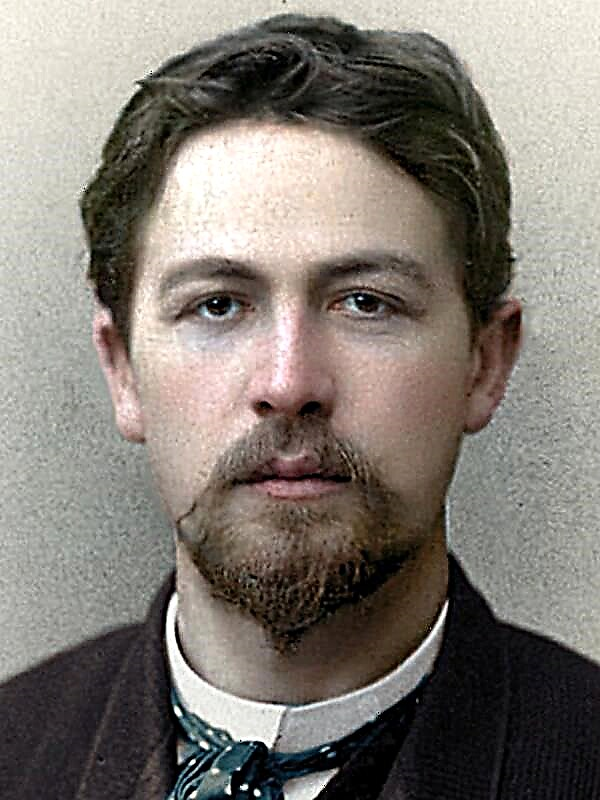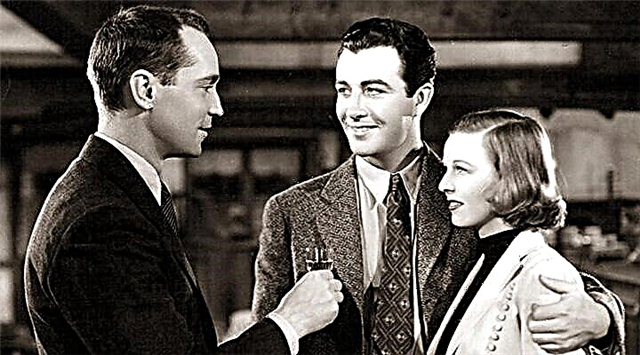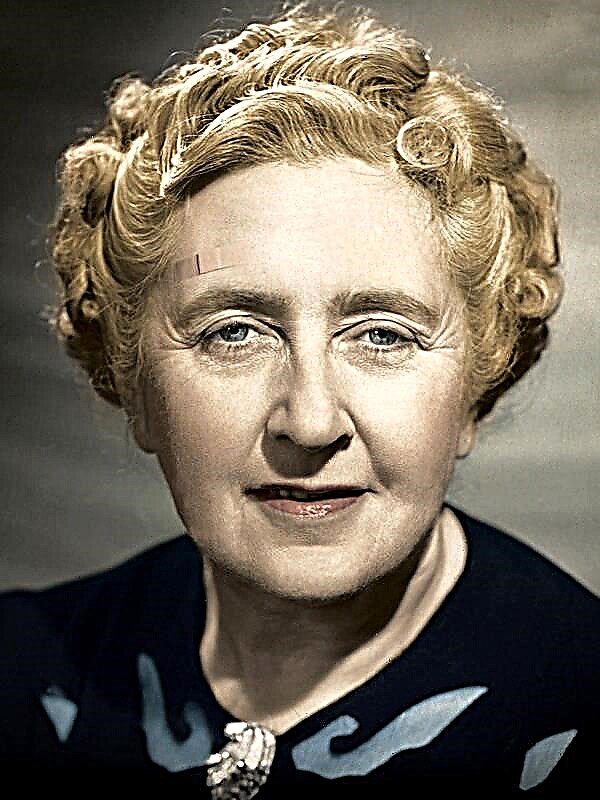War is not a place for a woman. But in an impulse to defend their country, their homeland, even representatives of the beautiful half of humanity are ready to fight. Boris Lvovich Vasiliev in the story “And the Dawns Here Are Quiet ...” was able to convey the plight of five anti-aircraft gunners and their commander during the second war.
History of creation
The author himself claimed that the event that actually happened was chosen as the basis of the plot. Seven soldiers serving on one of the sections of the Kirov Railway were able to repulse the Nazi invaders. They fought with a sabotage group and prevented the destruction of their site. Unfortunately, in the end only the squad leader remained alive. He will subsequently be awarded the medal "For Military Merit."
This story seemed interesting to the writer, and he decided to translate it on paper. However, when Vasiliev started writing the book, he realized that in the post-war period many deeds were highlighted, and such an act is only a special case. Then the author decided to change the gender of his heroes, and the story began to play with new colors. After all, not everyone decided to cover the female share in the war.
The meaning of the name
The title of the story conveys the effect of surprise that hit the heroes. This ride, where the action took place, was a really quiet and peaceful place. If in the distance the invaders bombed the Kirov Road, then “here” harmony reigned. Those men who were sent to guard him were drunk, because there was nothing to do there: no battles, no Nazis, no tasks. Like in the rear. That is why the girls were sent there, as if knowing that nothing would happen to them, the site is safe. However, the reader sees that the enemy only lulled vigilance when planning an attack. After the tragic events described by the author, it remains only to bitterly complain about the failed justification of this terrible accident: "And the dawns here are quiet." The silence in the title also conveys the emotion of mourning - a moment of silence. Nature itself grieves, seeing such abuse of man.
In addition, the name illustrates the world on earth, which the girls sought, giving their young lives. They achieved their goal, but at what cost? This blood-washed silence is opposed to their efforts, their struggle, their cry with the help of the union “a”.
Genre and direction
The genre of the book is a story. It is very small in volume, read in one breath. The author deliberately took out from everyday life, familiar to him, all those household details that slow down the dynamics of the text. He wanted to leave only emotionally charged fragments, causing a genuine reaction of the reader to what he read.
The direction is realistic military prose. B. Vasiliev narrates about the war, using real life material to create the plot.
Essence
The main character - Fedot Evgrafich Vaskov, is the foreman of 171 railway districts. It is calm here, and soldiers who have arrived in this area often begin to drink from idleness. The hero writes reports to them, and ultimately they send him anti-aircraft gunners.
At first, Vaskov does not understand how to deal with young girls, but when it comes to military operations, they all become a single team. One of them notices two Germans, the main character understands that these are saboteurs who are going to secretly pass through the forest to important strategic objects.
Fedot quickly gathers a group of five girls. They follow a local path to get ahead of the Germans. However, it turns out that instead of two people in the enemy unit there are sixteen fighters. Vaskov knows that they can’t cope, and he sends one of the girls for help. Unfortunately, Lisa dies, drowning in a swamp and not having time to convey the message.
At this time, trying to trick the Germans by cunning, the detachment was trying to divert them as far as possible. They depict lumberjacks, shoot from behind boulders, find a resting place for the Germans. But the forces are not equal, and during the unequal battle, the remaining girls die.
The hero still manages to capture the remaining soldiers captive. Many years later, he returns here to bring a marble slab to the grave. In the epilogue, young people, having seen the old man, understand that it turns out that there were fights. The story ends with the phrase of one of the young guys: "And the dawns here are quiet, quiet, I just saw them today."
The main characters and their characteristics
- Fedot Vaskov - the only survivor of the team. Subsequently, he lost his arm due to injury. A brave, responsible and reliable person. He considers unacceptable drunkenness in the war, zealously defends the need for discipline. Despite the complex nature of the girls, she takes care of them and is very worried when she realizes that she has not saved the fighters. At the end of the work, the reader sees him with his adopted son. Which means that Fedot kept his promise to Rita - he took care of her son, who became an orphan.
Images of girls:
- Elizaveta Brichkina - hardworking girl. She was born in a simple family. Her mother is sick, and her father works as a forester. Before the war, Lisa was going to move from village to city and study at a technical school. She dies during the execution of the order: she drowns in a swamp, trying to bring a soldier to the aid of her team. Dying in a quagmire, she does not completely believe that death will not allow her to realize ambitious dreams.
- Sophia Gurvich - an ordinary fighter. Former student of Moscow University, excellent student. She studied German and could be a good translator, she was promised a great future. Sonya grew up among a friendly Jewish family. Dies, trying to return the forgotten pouch to the commander. She accidentally meets Germans who stab her with two blows to the chest. Although not everything worked out in the war, she stubbornly and patiently fulfilled her duties and adequately accepted death.
- Galina Chetvertak - the youngest of the group. She is an orphan, raised in an orphanage. He goes to war for the sake of “romance”, but quickly realizes that this is not the place for the weak. Vaskov takes her with him for educational purposes, but Galya does not withstand the pressure. She panics and tries to escape from the Germans, but they kill the girl. Despite the cowardice of the heroine, the foreman tells the rest that she died in a shootout.
- Evgenia Komelkova - A young beautiful girl, the daughter of an officer. The Germans capture her village, she manages to hide, but her whole family is shot before her eyes. In the war he shows courage and heroism, Zhenya overshadows his colleagues. First, she was wounded, and then shot point blank, because she took the detachment to herself, wanting to save the rest.
- Margarita Osyanina - Junior sergeant and commander of the anti-aircraft gunner’s squad. Serious and judicious, was married and has a son. However, the husband dies in the early days of the war, after which Rita began to hate the Germans quietly and ruthlessly. During the battle, she is mortally wounded, and she shoots herself in the temple. But before his death, he asks Vaskov to take care of his son.
Topics
- Heroism, a sense of duty. Yesterday's schoolgirls, still very young girls go to war. But they do this not out of need. Each comes of its own free will, and, as history has shown, each has put all its strength to withstand the Nazi invaders.
- Woman in war. First of all, in the work of B. Vasiliev, the fact that the girls are not in the rear is important. They, along with men, are fighting for the honor of their homeland. Each of them is a person, each had plans for life, his own family. But cruel fate takes it all. The main character speaks of the idea that the war is terrible in that, taking the lives of women, it destroys the life of an entire nation.
- Little Man's Feat. None of the girls were professional fighters. These were ordinary Soviet people with different characters and destinies. But the war brings the heroines together, and they are ready to fight together. Contribution to the struggle of each of them was not in vain.
- Courage and courage. Some heroines especially stood out from the rest, showing phenomenal courage. For example, Zhenya Komelkova saved her comrades at the cost of her life, turning the pursuit of enemies on herself. She was not afraid to take a chance, as she was sure of a victory. Even after being injured, the girl was only surprised that this happened to her.
- Homeland. Vaskov blamed himself for what happened to his charges. He imagined that their sons would rise and rebuke men who could not protect women. He did not believe that some Belomorkanal was worth these victims, because he was already guarded by hundreds of fighters. But in a conversation with the foreman, Rita stopped his self-flagellation, saying that the middle name is not the channels and roads that they protected from saboteurs. This is all Russian land that required protection here and now. That is how the author represents the homeland.
Problems
The problems of the story cover typical problems from military prose: cruelty and humanity, courage and cowardice, historical memory and oblivion. She also conveys a specific innovative problem - the fate of women in war. Consider the most striking aspects of the examples.
- War problem. The struggle does not make out who to kill and whom to keep alive, it is blind and indifferent, like a destructive element. Therefore, weak and innocent women accidentally die, and the only man survives, also by accident. They accept an unequal battle, and it is natural that no one had time to help them. These are the conditions of wartime: everywhere, even in the most quiet place, it is dangerous, destinies break everywhere.
- Memory problem. In the finals, the foreman comes to a place of terrible reprisal with the heroine’s son and meets young people who are surprised that fights took place in this wilderness. Thus, the surviving man perpetuates the memory of the dead women by installing a memorial plate. Now the descendants will remember their feat.
- Cowardice problem. Galya Chetvertak could not bring up the necessary courage in herself, and with her unreasonable behavior she complicated the operation. The author does not blame her strictly: the girl was brought up in difficult conditions, she had no one to learn to behave with dignity. Parents abandoned her, fearing responsibility, so Galya herself was frightened at a crucial moment. On her example, Vasiliev shows that war is not a place for romantics, because the struggle is not always beautiful, it is monstrous, and not everyone is able to withstand its oppression.
Meaning
The author wanted to show how Russian women, long known for their willpower, fought the occupation. It is not in vain that he talks about each biography individually, because from them one can see what kind of tests the fair sex faced in the rear and at the forefront. There was no mercy for anyone, and in these conditions the girls took upon themselves the blow of the enemy. Each of them made a sacrifice voluntarily. In this desperate tension of the will of all popular forces lies the main idea of Boris Vasiliev. Future and real mothers sacrificed their natural duty - to give birth and raise future generations - in order to save the whole world from the tyranny of Nazism.
Of course, the main idea of the writer is a humanistic message: women have no place in war. Heavy soldier’s boots trample their lives, as if they didn’t come across people, but flowers. But if the enemy encroached on his native land, if he mercilessly destroys everything that is dear to his heart, then even a girl is able to challenge him and win in an unequal struggle.
Output
Each reader, of course, sums up the moral results of the story on his own. But many of those who thoughtfully read the book will agree that it tells of the need to preserve historical memory. We need to remember the unimaginable sacrifices that our ancestors voluntarily and consciously made in the name of peace on Earth. They went into a bloody battle to exterminate not only the invaders, but also the very idea of Nazism, a lying and unjust theory that made possible many unprecedented crimes against human rights and his freedoms. This memory is needed for the Russian people and their equally brave neighbors to realize their place in the world and its modern history.
All countries, all nations, women and men, old people and children were able to unite for the common goal: the return of a peaceful sky overhead. So, today we can “repeat” this unification with the same great message of good and justice.

